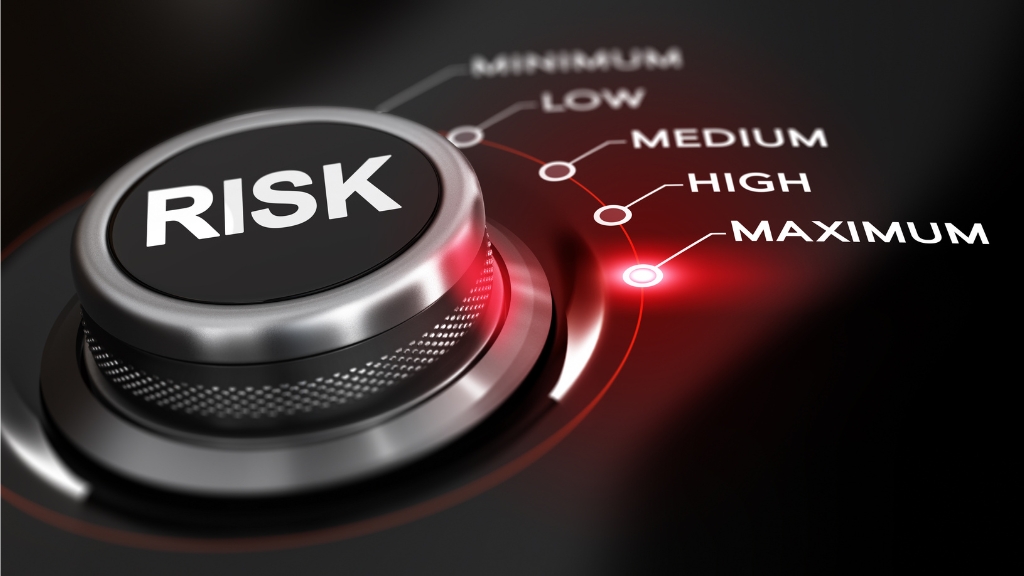Winning isn’t just about talent or skill—it’s a mindset. I’ve always been fascinated by what sets true professionals apart from the rest, and it’s not just hours of practice or physical ability. There’s a deeper, psychological edge that defines champions and keeps them ahead of the game.
Amateurs often focus on the visible aspects of success, like technique or strategy, but pros understand that mental toughness, focus, and resilience are the real game-changers. It’s this inner drive and ability to stay composed under pressure that consistently pushes them to the top.
Understanding the psychology of winning isn’t just for athletes or competitors—it’s a powerful tool anyone can use to excel in life. Whether you’re chasing personal goals or professional success, the mindset of a winner can make all the difference. Let’s explore what separates the good from the great.
Understanding The Psychology Of Winning
The psychology of winning revolves around specific mental attributes that drive success. Winning requires cultivating a growth mindset, which focuses on improvement and learning from setbacks. Experts in sports psychology highlight that pros view failure as feedback, whereas amateurs often perceive it as a definitive end.
Confidence plays a central role in creating a winning psychology. Professionals build confidence through preparation and repetition, reinforcing their belief in their abilities. Amateurs, on the other hand, struggle with self-doubt, often due to insufficient preparation or fear of failure.
Emotional control is another key factor. Pros manage emotions under pressure, maintaining composure during high-stakes moments. They practice mindfulness or visualization techniques to stay focused. Amateurs are more likely to let nerves or frustration disrupt their performance.
Goal-setting differentiates professionals from amateurs. Pros set specific, measurable, and challenging goals, using them as benchmarks for progress. Amateurs often rely on vague aspirations, which lack actionable steps and motivation.
Lastly, self-discipline defines winning psychology. Pros consistently stick to routines that enhance their skills and mental toughness. Amateurs sometimes lack commitment, skipping tasks essential for long-term success. These traits collectively separate winners from the rest.
Key Traits That Separate Pros From Amateurs
Professionals consistently exhibit traits that elevate their performance. These traits are deeply ingrained in their psychological approach and daily habits.
Mental Toughness
Mental toughness defines a professional’s ability to perform under pressure. Pros embrace challenges by staying composed, using adversity as a tool to improve their mental sharpness. They focus on solutions, not problems, and quickly recover from setbacks. Amateurs, on the other hand, often let stress derail their focus or decision-making, leading to inconsistent performance.
Growth Mindset
Professionals maintain a growth mindset by viewing mistakes as opportunities to learn. They actively seek feedback, reflect on failures, and apply these insights to improve future performance. Amateurs, however, often avoid criticism or see failure as a measure of their ability. By consistently striving for self-improvement, pros gain an edge in their field.
Discipline And Consistency
Discipline and consistent effort are hallmarks of professionalism. Professionals stick to structured routines, prioritize skill development, and maintain focus on long-term goals. Whether it’s rigorous training schedules or adhering to planned practices, their commitment drives sustained progress. Amateurs frequently lack this consistency, relying instead on bursts of motivation that fade over time.
Importance Of Emotional Intelligence In Success
Emotional intelligence plays a crucial role in distinguishing professionals from amateurs. It’s not just about managing oneself but also about understanding and interacting with others effectively.
Managing Pressure And Stress
Handling pressure effectively demands high emotional intelligence. Professionals remain composed in stressful situations because they recognize and regulate their emotions. Techniques like deep breathing and mindfulness help them maintain focus, even under intense scrutiny. Amateurs, lacking this control, often let stress impact their decision-making and performance. For instance, a professional athlete stays centered during a critical match, while an amateur might buckle under the same pressure.
Self-awareness also aids in stress management. Professionals assess their emotional triggers and avoid impulsive reactions. By practicing empathy, they understand others’ perspectives and reduce interpersonal conflicts during high-stress scenarios.
Building Effective Relationships
Cultivating strong relationships requires emotional intelligence. Professionals excel in this area by demonstrating empathy, active listening, and clear communication. These skills foster trust and collaboration, which are essential for success in any environment. For example, a team leader with high emotional intelligence ensures every member feels valued, boosting morale and productivity.
Professionals adopt a conflict-resolution mindset. They address disagreements constructively, prioritizing solutions over assigning blame. Unlike amateurs, who may avoid confrontation or act defensively, professionals maintain harmonious interactions, ensuring long-term relationships.
The Role Of Goal Setting And Focus
Effective goal setting and unwavering focus are pivotal in the psychology of winning. Professionals approach these elements strategically, aligning their actions to maximize performance and progress.
Short-Term Vs Long-Term Goals
I recognize that professionals balance short-term and long-term goals with precision. Short-term goals, like improving a specific skill or achieving a daily target, keep momentum and provide measurable milestones. For example, a chess player may set a goal to master endgame tactics within a week.
In contrast, long-term goals, such as achieving a championship title or advancing to the top 1% in a field, require vision and sustained effort. Professionals break these larger objectives into smaller, actionable steps, assessing progress frequently. Amateurs, however, often set unclear long-term goals without creating actionable plans to achieve them.
Staying Motivated Through Challenges
Focus enables professionals to stay motivated even in the face of challenges. I’ve seen that they use setbacks as opportunities to adapt and reinforce their drive. For instance, an athlete recovering from an injury might focus on strengthening other areas, like mental preparation or muscle groups unaffected by the injury.
Amateurs, on the other hand, may lose motivation when goals feel distant or obstacles arise. Professionals counter this by cultivating intrinsic motivation—connecting their goals to personal values and focusing on effort over immediate results. Techniques like visualization and maintaining accountability also help sustain their momentum.
How Amateurs Can Transition To A Pro Mindset
Transitioning from an amateur to a professional mindset requires deliberate focus and consistent effort. By adopting specific mental strategies, amateurs can cultivate the qualities that define professional success.
Embracing Failure As A Learning Opportunity
Viewing failure as feedback transforms setbacks into growth opportunities. Instead of fearing mistakes, I focus on analyzing what went wrong and identifying areas for improvement. For example, after a poor performance in a presentation, I review the content and delivery to determine how to improve clarity and engagement. Professionals adopt this mindset to refine their skills, while amateurs may become discouraged, seeing failure as final. Reflective journaling and seeking constructive feedback can help sustain this learning attitude.
Developing A Clear Roadmap For Success
A structured plan provides direction and keeps distractions at bay. I break down long-term goals into actionable, short-term objectives with measurable benchmarks. For instance, if I aim to run a marathon, I create a weekly training schedule that incrementally increases difficulty. Professionals rely on these specific plans to track progress and stay accountable. Tools like goal-setting apps or accountability partners help reinforce this habit, ensuring steady progress toward achieving the overall objective.
Conclusion
Winning isn’t just about talent—it’s about cultivating the right mindset and habits. The traits that separate amateurs from pros, like mental toughness, emotional intelligence, and disciplined goal-setting, are skills anyone can develop with intention and effort. By embracing challenges, learning from failures, and staying consistent, we can all adopt the psychology of a winner. Success starts in the mind, and with the right approach, it’s within reach for anyone willing to put in the work.



